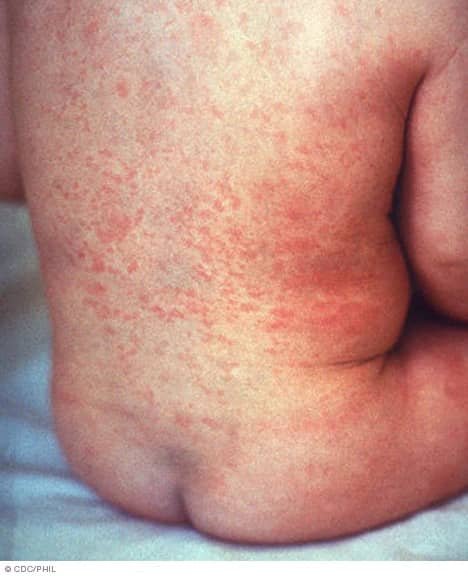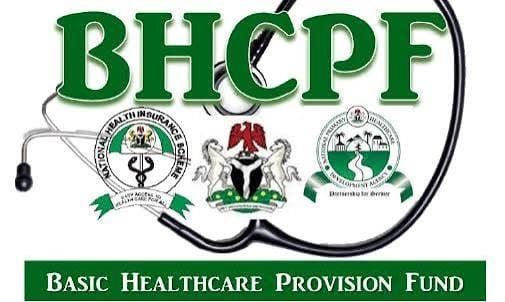
ABUJA, Nigeria – Rubella, often mistaken for measles, is a highly contagious viral infection that carries devastating risks for pregnant women and their unborn babies. Known as German measles or three-day measles, rubella causes mild symptoms in most people but can result in irreversible birth defects if contracted during pregnancy.
What Experts Are Saying
Public health experts warn that the common rash lasting two to three days is not always harmless.
“Sometimes these rashes could be Rubella, a very dangerous viral infection that may cause blindness, congenital heart defects (hole in the heart), or lifelong disabilities in unborn babies,” said Dr Izuchukwu Frank, a Non-Polio SIAs Consultant, AFENET Nigeria.
Nigeria’s Vaccination Drive
To address the threat, Nigeria’s National Primary Health Care Development Agency (NPHCDA) will launch a nationwide Measles-Rubella vaccination campaign from 4 October 2025 to 13 February 2026, targeting children aged nine months to 14 years.
The campaign, which aims to vaccinate over 103 million children, is expected to break transmission and build herd immunity.
Symptoms and Transmission
Rubella spreads through coughing, sneezing, or direct contact with infected mucus.
Symptoms, which appear two to three weeks after exposure, may include fever, headache, red eyes, swollen lymph nodes, joint pain, and a fine rash that spreads from the face to the body.
The Risks in Pregnancy
While mild in most cases, the infection can lead to miscarriage, stillbirth, or Congenital Rubella Syndrome (CRS) in up to 85% of babies exposed in the first trimester
Protecting Mothers and Children
Doctors advise women planning pregnancy to check their vaccination records. “Pregnant women should not take the vaccine during pregnancy as it is live-attenuated. They should wait until after delivery to protect future pregnancies,” explained Dr Suraiya Auwal of Medical Women Association of Nigeria (MWAN).
Experts stress that vaccination remains the safest and most effective protection.




